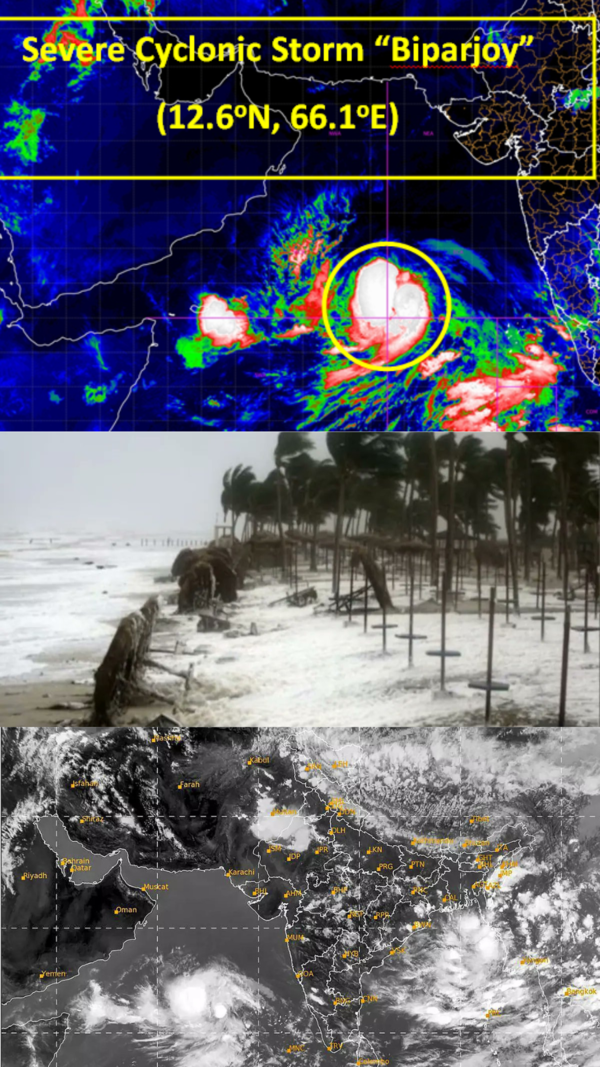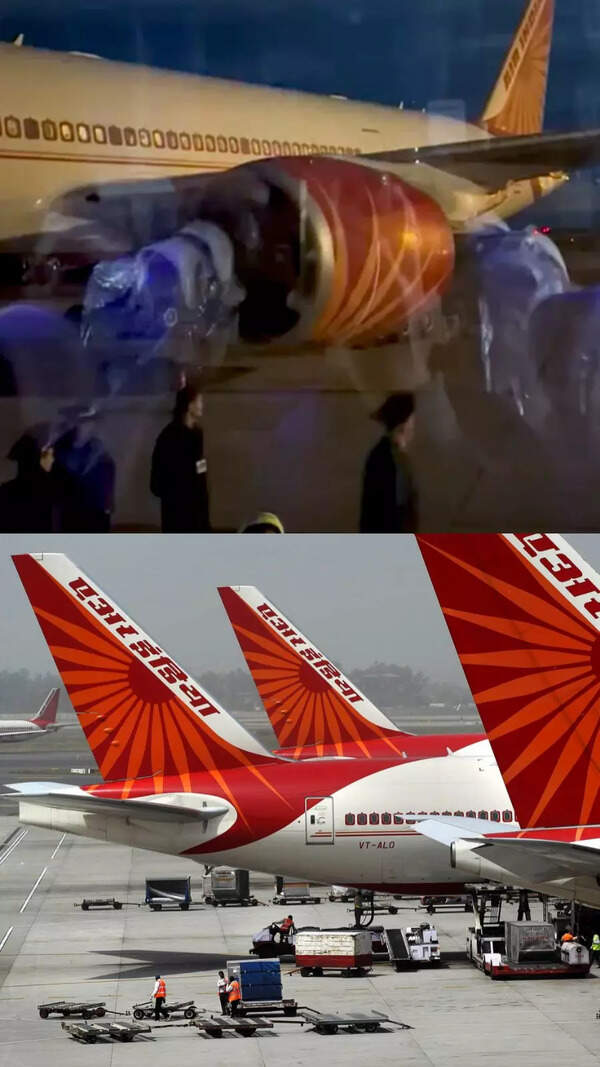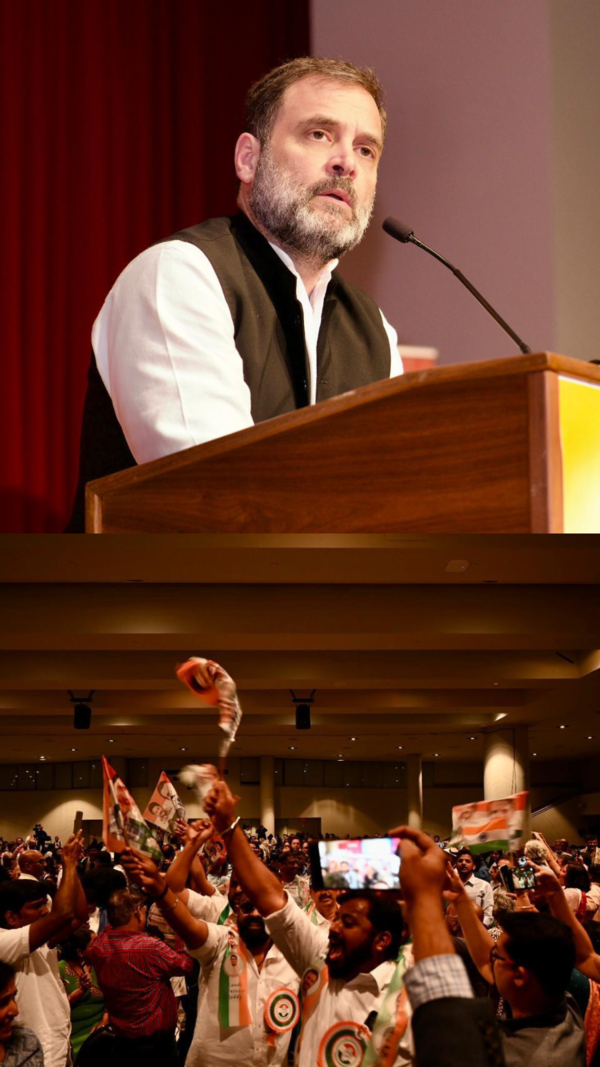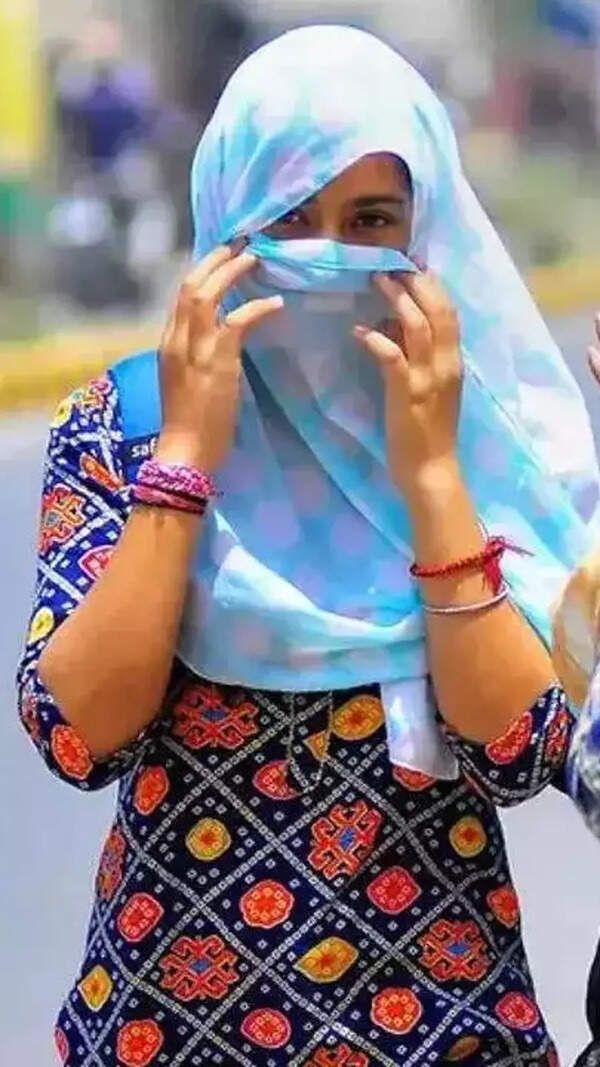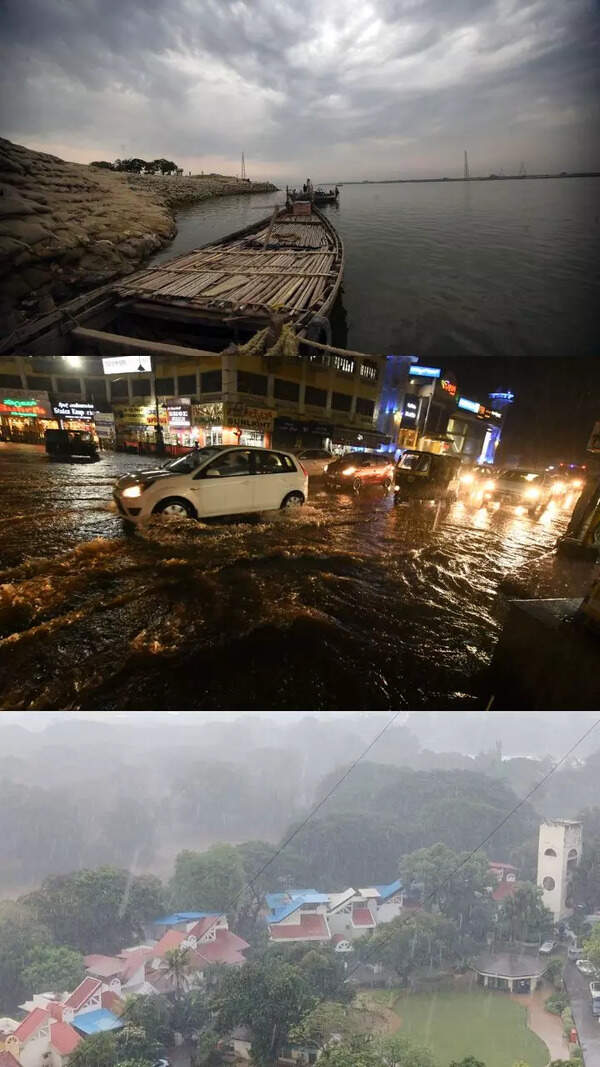- News
- India News
- Odisha tragedy: Railway Board issues track safety advisory
Trending
Odisha tragedy: Railway Board issues track safety advisory
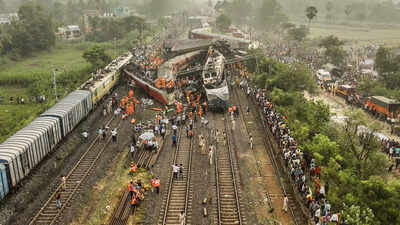
Days after the Odisha train tragedy, Member (Infrastructure Railway Board) Roop Narayan Sunkar has issued an advisory to general managers of Indian Railways on issues relating to safety of track, saying divisional railway managers (DRMs) will be answerable for safety of assets under them.
“It is to be clearly told to DRMs (that proper maintenance of assets is their primary responsibility. Hence, they will be answerable for keeping the assets in safe conditions,” Sunkar wrote on Thursday.
Sunkar wrote that senior officers must check the preparedness of works to be carried out in blocks and ensure availability of resources on the day of block working.
The Railway Board member wrote that field officials who have been provided for maintenance activities must be utilized mainly for maintenance activities. Also, it must be ensured that they spend maximum time on maintenance and works sites.
Since junior engineers and section engineers have knowledge about the shortcomings and the strengths of the assets under their jurisdiction, the divisional engineers should speak to them and make a comprehensive list of deficiencies, with target dates required to improve safety.
Each Zonal Railway should have such division-wise list with principal chief engineer (PCE) for monitoring the compliance. Summary of the items requiring compliance and action taken should also be advised to Railway Board, on weekly basis, he wrote.
The department heads have been asked to carry out inspection covering all aspects of maintenance/worksite, and guide JEs/SSEs for correct and safe execution of the work. They should also facilitate the field officials by ensuring availability of material, manpower and other resources, the Member Infrastructure wrote.
Stating that all pending works relating track safety should be done in a time bound manner by arranging required material and traffic block, he wrote that team of operating, engineering besides signal and telecom officers should monitor the progress on daily basis till pending deficiencies are completed.
“Focus of inspection should not only be to find out deficiencies but also to get these complied by helping/guiding the field staff,” he wrote
The Railway Board member emphasised that integrated block planning is made on weekly basis and DRMs should ensure that such block plan is followed on daily basis. The exception report shall be reviewed by GM on weekly basis and comprehensive summary shall be advised to Railway Board.
It is essential that adequate duration of traffic block is allowed as per demand. All necessary blocks required for maintenance and rectification of deficiencies should be made available by GMs, and DRMs on the railways/ divisions. Any refusal must bear the express approval of DRM
Works of doubling, tripling being executed by project organizations should be regularly inspected by open line officials to ensure safe working and prevent infringement to track. While doing so, they should help and guide the project officials and contractor staff, he wrote.
Monsoon precautions including cutting of vulnerable trees, boulder falling, cleaning of catch water / side drains, preparedness of monsoon patrolling, placements of stationery watchmen at vulnerable locations should be also be undertaken by the railways. Monsoon reserves should also be made available'
Care should be taken that all released materials are kept away from the track at a safe distance and properly stacked under supervision of railway officials.
To meet the maintenance requirements, requisite outsourcing shall be planned to meet the shortage of manpower. It should be ensured that sufficient funds are available for carrying out maintenance work, he wrote.
“It is to be clearly told to DRMs (that proper maintenance of assets is their primary responsibility. Hence, they will be answerable for keeping the assets in safe conditions,” Sunkar wrote on Thursday.
Sunkar wrote that senior officers must check the preparedness of works to be carried out in blocks and ensure availability of resources on the day of block working.
The Railway Board member wrote that field officials who have been provided for maintenance activities must be utilized mainly for maintenance activities. Also, it must be ensured that they spend maximum time on maintenance and works sites.
Since junior engineers and section engineers have knowledge about the shortcomings and the strengths of the assets under their jurisdiction, the divisional engineers should speak to them and make a comprehensive list of deficiencies, with target dates required to improve safety.
Each Zonal Railway should have such division-wise list with principal chief engineer (PCE) for monitoring the compliance. Summary of the items requiring compliance and action taken should also be advised to Railway Board, on weekly basis, he wrote.
The department heads have been asked to carry out inspection covering all aspects of maintenance/worksite, and guide JEs/SSEs for correct and safe execution of the work. They should also facilitate the field officials by ensuring availability of material, manpower and other resources, the Member Infrastructure wrote.
Stating that all pending works relating track safety should be done in a time bound manner by arranging required material and traffic block, he wrote that team of operating, engineering besides signal and telecom officers should monitor the progress on daily basis till pending deficiencies are completed.
“Focus of inspection should not only be to find out deficiencies but also to get these complied by helping/guiding the field staff,” he wrote
The Railway Board member emphasised that integrated block planning is made on weekly basis and DRMs should ensure that such block plan is followed on daily basis. The exception report shall be reviewed by GM on weekly basis and comprehensive summary shall be advised to Railway Board.
It is essential that adequate duration of traffic block is allowed as per demand. All necessary blocks required for maintenance and rectification of deficiencies should be made available by GMs, and DRMs on the railways/ divisions. Any refusal must bear the express approval of DRM
Works of doubling, tripling being executed by project organizations should be regularly inspected by open line officials to ensure safe working and prevent infringement to track. While doing so, they should help and guide the project officials and contractor staff, he wrote.
Monsoon precautions including cutting of vulnerable trees, boulder falling, cleaning of catch water / side drains, preparedness of monsoon patrolling, placements of stationery watchmen at vulnerable locations should be also be undertaken by the railways. Monsoon reserves should also be made available'
Care should be taken that all released materials are kept away from the track at a safe distance and properly stacked under supervision of railway officials.
To meet the maintenance requirements, requisite outsourcing shall be planned to meet the shortage of manpower. It should be ensured that sufficient funds are available for carrying out maintenance work, he wrote.

About the Author
Ashok PradhanAshok Pradhan is currently chief of bureau The Times of India in Bhubaneswar. He is an alumnus of the Indian Institute of Mass Communication, Dhenkanal (1999-2000).
Start a Conversation
FOLLOW US ON SOCIAL MEDIA
FacebookTwitterInstagramKOO APPYOUTUBE

